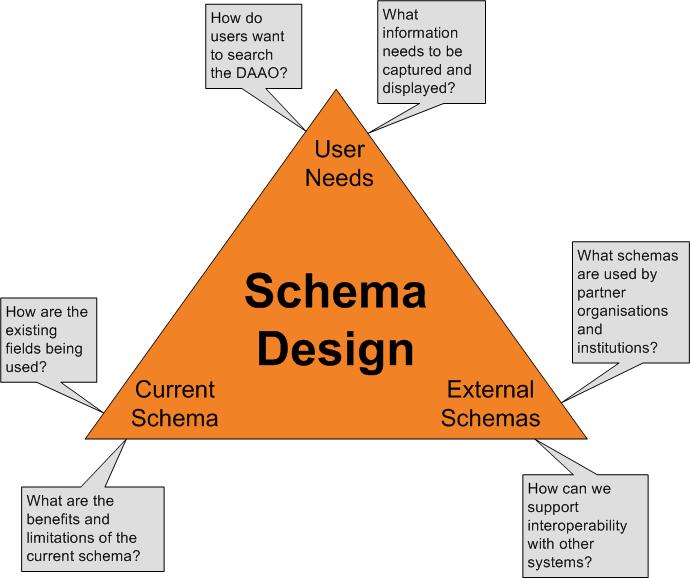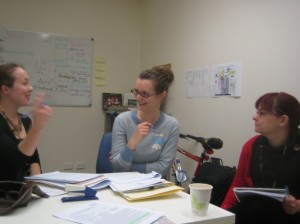lobal Aesthetics: Intersecting Culture, Theory, Practice
Organized by Timothy Murray
October 15-16, 2010
A. D. White House, Cornell University
Leading international artists, curators, and scholars will gather at the Society for the Humanities, Cornell University, to discuss transformations of aesthetics and interdisciplinary practice in our age of networked connection. Of particular interest to this discussion will be reflection on global approaches to aesthetics and intermedial artistic practice that have been articulated in dialogue with or in contention with the Occidental tradition of aesthetics.
How does the aesthetic function in Latin American, Asian, African, South Asian, Australian, Middle Eastern, and global indigenous contexts? And how might procedures of creative practice and curatorial engagement combine with academic practices of criticism and translation to enable or enhance cross-cultural expressions of aesthetic difference? The conference will feature two days of presentations and discussion by leading international figures in the related fields of art, music, media, aesthetics, and critical theory.
FRIDAY October 15
Guerlac Room, A. D. White House
9:00 a.m. Opening Remarks
Timothy Murray, Director, Society for the Humanities
Durba Ghosh, Chair, Humanities Council, College of Arts and Sciences
Welcome, Heron Clan, Seneca Nation of Indians
Peter Jemison, Artist and Manager, Ganondagan Historic Site, Seneca Nation
9:30-10:45 a.m. Moderator: An-Yi Pan, History of Art and Visual Studies
Iftikhar Dadi, Art, History of Art and Visual Studies, Cornell
“Art Between Global Media and the Urban Subaltern”
Yao Jui-Chung, Fine Arts, Taipei National University of the Arts and National Taiwan Normal University
“Mirage- discussed public property in Taiwan”
10:45-11:45 a.m. FEATURED SPEAKER
Carolyn Christov-Bakargiev, Artistic Director, Documenta 13, Kassel, Germany
“Entanglement: Notes Towards dOCUMENTA (13)”
Lunch 11:45 a.m. -1:00 p.m.
1:00-2:15 p.m. Moderator: Renate Ferro, Art
Grace Quintanilla, Director, Pedro Meyer Foundation, Mexico City, Mexico
“Familiar/Memorable”
Jolene Rickard, Society for the Humanities/ Art, History of Art and Visual Studies, American Indian Program, Cornell
“Performing Indigeneity at the Venice and Sydney Biennale: Rebecca Belmore, James Luna and Skeena Reece”
2:15-3:30 p.m. Moderator: Lisa Patti, Theatre, Film, and Dance/School of Criticism & Theory
Kay Dickinson, Society for the Humanities/Media and Communications,
Goldsmiths College, University of London
“Red and Green Stars in Broad Daylight: Syrian-Soviet Journeys Through Cinema”
Sharon Willis, Art History/ Visual and Cultural Studies, University of Rochester
“Lost Objects: The Museum of Cinema”
3:45-5:00 p.m. Moderator: Viranjini Munasinghe, Anthropology and Asian American Studies
Andrew McGraw, Society for the Humanities/Music, University of Richmond
“Quasi-Collaboration and the Poetics of Pedophilia in Bang on A Can’s ‘House in Bali’ (2010)”
Salah Hassan, Art History and Africana Studies, Cornell
“Contemporary “Islamic” Art: Western Curatorial Politics of Representation in Post 9/11¾
5:15-6:45 p.m. Lewis Auditorium, Goldwin Smith Hall
PLENARY SPEAKER: Bruno Bosteels, Society for the Humanities/Romance Studies,Cornell
“Global Aesthetics and Its Discontents”
6:45 p.m. Reception, A. D. White House
SATURDAY, October 16
Guerlac Room, A. D. White House
8:30 – 9:00 a.m. Breakfast
9:00-10:15 a.m. Moderator: Elvira Dyangani, History of Art and Visual Studies
Akinwumi Adesokan, Comparative Literature, Indiana University
“Ousmane Sembene: Disalienating Modernity”
Jennifer Bajorek, Society for the Humanities/ Cultural Studies, Goldsmiths
College, University of London
“Photography of the Governed: Photo-Graphic Reason and the Theory of the African State”
11:00 a.m. -12:30 p.m. Moderator: Haiping Yan, Theatre, Film and Dance
Shin-Yi Yang, Curator, Beautiful Asset Management, Beijing, China
“Why Chinese Art Still Needs Realism”
Sui Jianguo, Sculpture, Central Academy of Fine Arts, Beijing, China,
“A Chinese Sculptor’s Story”
12:30-2:00 p.m. Lunch
2:00-3:15 p.m. Moderator: Elizabeth Anker, Society for the Humanities/ English
Brenda L Croft, Indigenous Art Culture & Design, University of South Australia
“Sight/site lines: seeing beyond the surface”
Tejumola Olaniyan, Louis Durham Mead Professor of English, University of Wisonsin, Madison
“On Postcolonial Urban Garrison Architecture”
3:15-4:30 p.m. Moderator: Tracey Heatherington, Society for the Humanities/ Anthropology, University of Wisconson at Milwaukee
Gregg Lambert, Director, Mellon Central New York Humanities Corridor, Syracuse University
“The Baroque Tsunami: an incident-analysis of Neo-Baroque Form”
Yukiko Shikata, Director, Media Art Consortium, Japan Agency for Cultural Affairs, Tokyo, Japan
“Invisible Dynamics: World as Interaction Process”
4:45-6:00 p.m. Moderator: Timothy Murray
ROUNDTABLE:
Naoki Sakai, Asian Studies and Comparative Literature
Karen Pinkus, Romance Studies and Comparative Literature
Patricia Zimmermann, Finger Lakes Environmental Film Festival/Cinema, Photography, and Media Arts, Ithaca College
Free and Open to the Public



